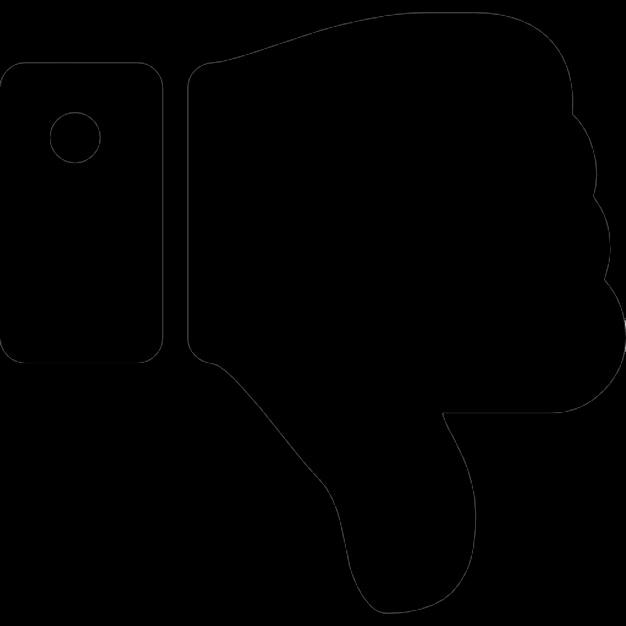World Health Organization Declares CBD Non-Addictive and Non-Toxic
Spread the love
The World Health Organization is an agency of the United Nations and a lead researching group on drugs worldwide. Last week it released hard recommendations from its Expert Commitee on Drug Dependence declaring that cannabidiol (CBD) is not addictive or toxic.
Marijuana is a Schedule 1 drug here in the United States which means that it has no medical treatment use, which of course has been a massive point of contention for medical cannabis advocates. CBD is considered at this time to be the main medicinally beneficial cannabinoid produced by cannabis plants.
“In humans, CBD exhibits no effects indicative of any abuse or dependence potential,” wrote the World Health Organization, a U.N. agency that focuses on public health. Researchers spent months looking into cannabidiol, or CBD, the non-psychoactive ingredient in marijuana that’s often used for medical purposes. It often comes in the form of oils, drops or capsules.
Although the report came out in November, it drew international attention only on Wednesday, after the WHO published concrete recommendations from the ECDD’s November meeting. In addition to recommending a stricter scheduling for a type of opioid, the committee recommended a new approach to cannabis, responding to increased interest among its member states in researching and legalizing it.
The committee said that CBD did not need to be controlled (or government-regulated) on an international level, and that this should be left up to individual nations. “Saying it should not be scheduled for international control means that it should not be prohibited, at the international level, to produce and supply it for specific purposes, such as medical treatment and research, given that WHO has not so far seen evidence of potential for abuse or harm from cannabidiol,” a spokesperson wrote. “As to what is legal or illegal, that comes under national law, so it is up to countries to decide.”
Cannabidiol has shown the ability to reduce seizures in those suffering from epilepsy, reduce inflammation and help in reducing chronic pain. Do you think that this declaration from the World Health Organization will change U.S. federal perspectives on marijuana?
Read more: https://goo.gl/CoE2wf
Enjoyed?
Leave your Feelback!





